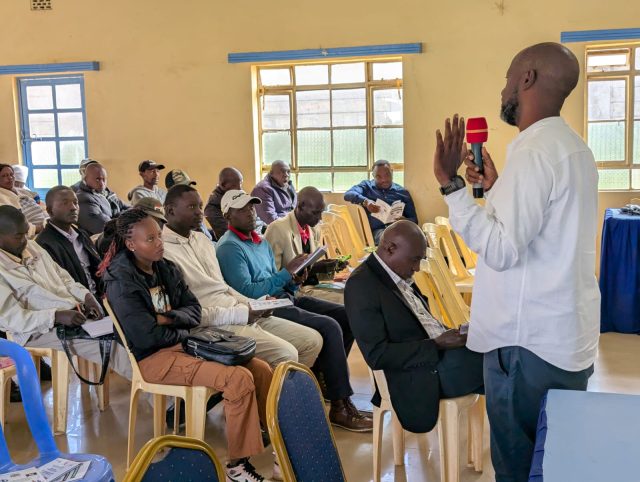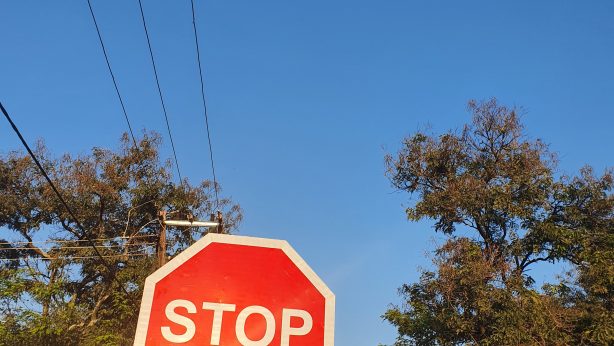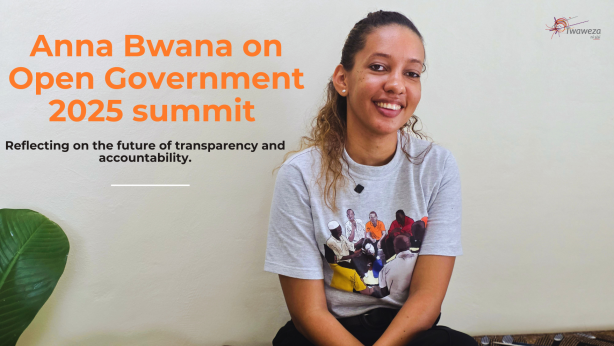Laikipia’s Bold Steps Toward Meaningful Public Participation
For four intensive days, December 3rd to 6th, Laikipia County’s Mashinani Development Committee (MDC) members gathered for their first formal training since their selection in March 2023. Twaweza collaborated with the Laikipia county government to train and commission MDCs—grassroots representatives tasked with being their communities’ eyes, ears, and voices.
The timing couldn’t have been more crucial, as these community representatives operated without formal guidance or structured support. The capacity gap exemplifies the broader challenges facing public participation in Kenya’s devolved governance: good intentions hampered by implementation hurdles, resource constraints, and institutional inertia. The MDCs carry an enormous responsibility: being the vital link between county government and citizens at the village level. The training, supported by Twaweza East Africa and other partners, revealed the challenges and possibilities of grassroots democracy.
From Theory to Practice
Making the Constitution Come Alive: Day one set the tone with Dr. Obuya Bagaka’s masterful unpacking of Kenya’s constitution and devolution. His approach, weaving local and national politics into constitutional principles, transformed what could have been dry legal content into engaging discussions that had MDC members fully involved. Providing copies of the 2010 constitution by URAIA was more than just a gesture; it was putting the tools of democracy into the hands of community leaders.
However, real democracy isn’t always comfortable. This became evident when MDC members raised concerns about delayed allowances from previous engagements and logistical challenges. Rather than diminishing the importance of training, these conversations highlighted a crucial truth: effective public participation requires addressing structural and practical challenges.
Real Issues, Real Solutions: The second day highlighted the issues facing the MDCs and their communities. Through an Open Government session by Twaweza, MDCs shared candid experiences of their positive and negative interactions with county government. The issues raised were sobering: rising alcoholism in villages, wildlife conflicts, inadequate agricultural extension services, and discrimination in county employment. These weren’t just complaints; they were a mirror reflecting the daily realities of Laikipia’s residents. Through case studies from counties like Makueni, participants saw how community involvement in water projects led to better outcomes and more substantial project ownership. This practical evidence of participation’s value resonated deeply with the committee members.
Big Eyes, Big Ears, Small Mouth: Twaweza’s Baruani Mshale started the day with three sessions of participation in practice. Using a simple but powerful visual of a head with big eyes, big ears, and a small mouth, he conveyed an essential message: community leaders need to see and hear more than they speak. This metaphor resonated deeply with the MDCs, who acknowledged their role isn’t to dominate community conversations but to facilitate them. The training also revealed an often-overlooked truth: solutions don’t always need to come from the government.
Communities can often address their challenges through local initiatives and resources when properly empowered and organised. This realisation shifts the paradigm from dependency to partnership in development.
Perhaps the most significant revelation was the communication gap between these grassroots structures and county leadership. Many MDCs admitted they needed to figure out who to approach with community issues, highlighting a critical breakdown in the public participation framework. This admission turned the training from a theoretical exercise into a practical problem-solving session.
A High-Level Endorsement: The final day brought a powerful endorsement of the MDCs’ role, with Governor Joshua Irungu personally attending the commissioning ceremony. His statement that MDCs are “ministers at the mashinani” was a recognition that effective governance must extend beyond county headquarters to the village level. The surprise visit by Uasin Gishu Governor Jonathan Bii added another dimension, showing that Laikipia’s experiment with grassroots democracy is drawing attention from other counties.
However, this training is significant for more than what happened within the PCEA Hall in Nyahururu. It represents Kenya’s devolution journey. Ten years after the constitution established public participation as a principle of governance, counties are still grappling with how to make it meaningful. Despite its initial challenges, Laikipia’s MDC structure offers a potential model for embedding public participation in county governance systems.
Mind the Gaps: Where the System Falls Short
But here’s the paradox: while we’ve created structures for public participation, we still need to equip them to function effectively. The MDCs’ experiences highlight three critical gaps in our devolved governance system.
- There’s the knowledge gap. Despite their selection, many MDC members needed clarification about their roles or the proper channels for escalating community issues. There needs to be more than just understanding government processes; it’s also about effectively representing community interests in an increasingly complex governance system.
- There’s the resource gap. Discussions about unpaid allowances from previous engagements nearly derailed the training itself. While this might seem like a minor administrative issue, it reflects a broader challenge: we expect community representatives to serve their neighbourhoods effectively but often don’t provide the essential resources they need to do so.
- The implementation gap. Well-trained community representatives are only helpful if there are clear, functioning channels for their input to influence county decision-making. Without this, public participation becomes a mere checkbox exercise rather than a meaningful democratic process.
There were promising signs of change. County-administered pre-test and post-test scores improved from 63% to 71%, showing that even brief but focused capacity building can make a difference. More importantly, the training introduced innovative approaches to community engagement.
The Real Test Begins: As the training concluded, it was clear that this was just the beginning. The real test will be how these newly commissioned MDCs translate their training into action in their communities. Will they become the active listeners and community mobilisers envisioned in the training? Will the communication channels with county leadership remain open? Will the promises of support materialise into sustained engagement? What’s certain is that Laikipia has taken a significant step toward making public participation more than just a constitutional requirement. By investing in training and formally commissioning these community representatives, the county acknowledges that democracy isn’t just about election cycles; it’s about creating sustained channels for citizen engagement in governance.
Writing Tomorrow’s Chapter in Kenya’s Democracy
We continue to make devolution work as a country, and Laikipia’s experience with MDCs offers valuable lessons. It reminds us that building democratic institutions isn’t just about creating structures; it’s about investing in people who can bring those structures to life at the community level. The journey may be challenging, but the foundation has been laid for a more participatory and responsive county government.
For now, in the highlands of Nyahururu, a new chapter in grassroots democracy has begun. The success of this experiment determines the future of public participation in Kenya’s devolved system.


